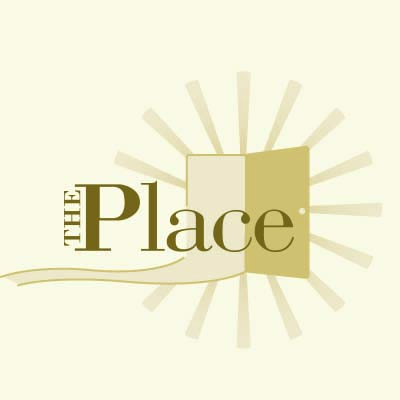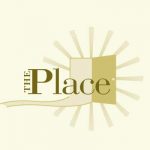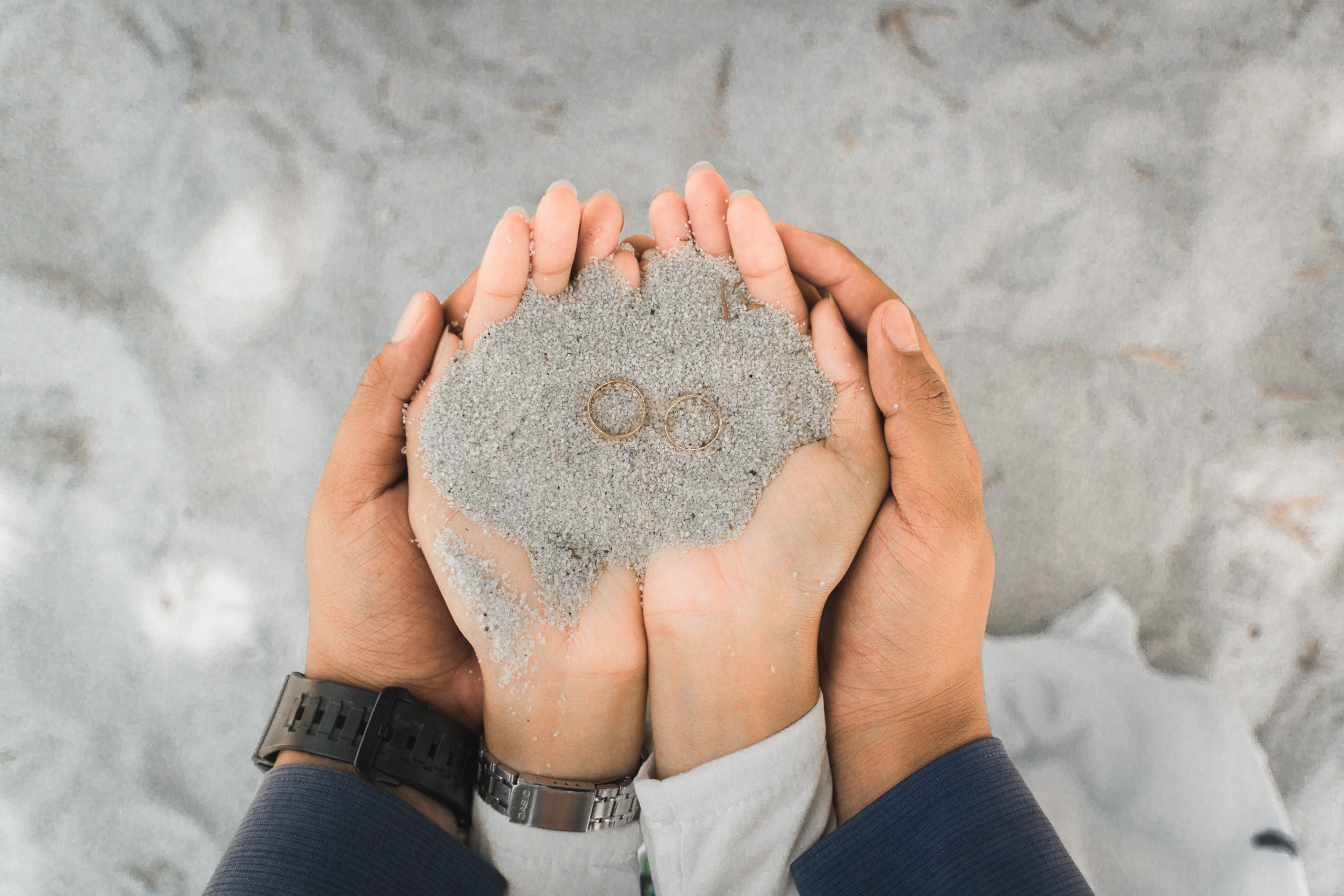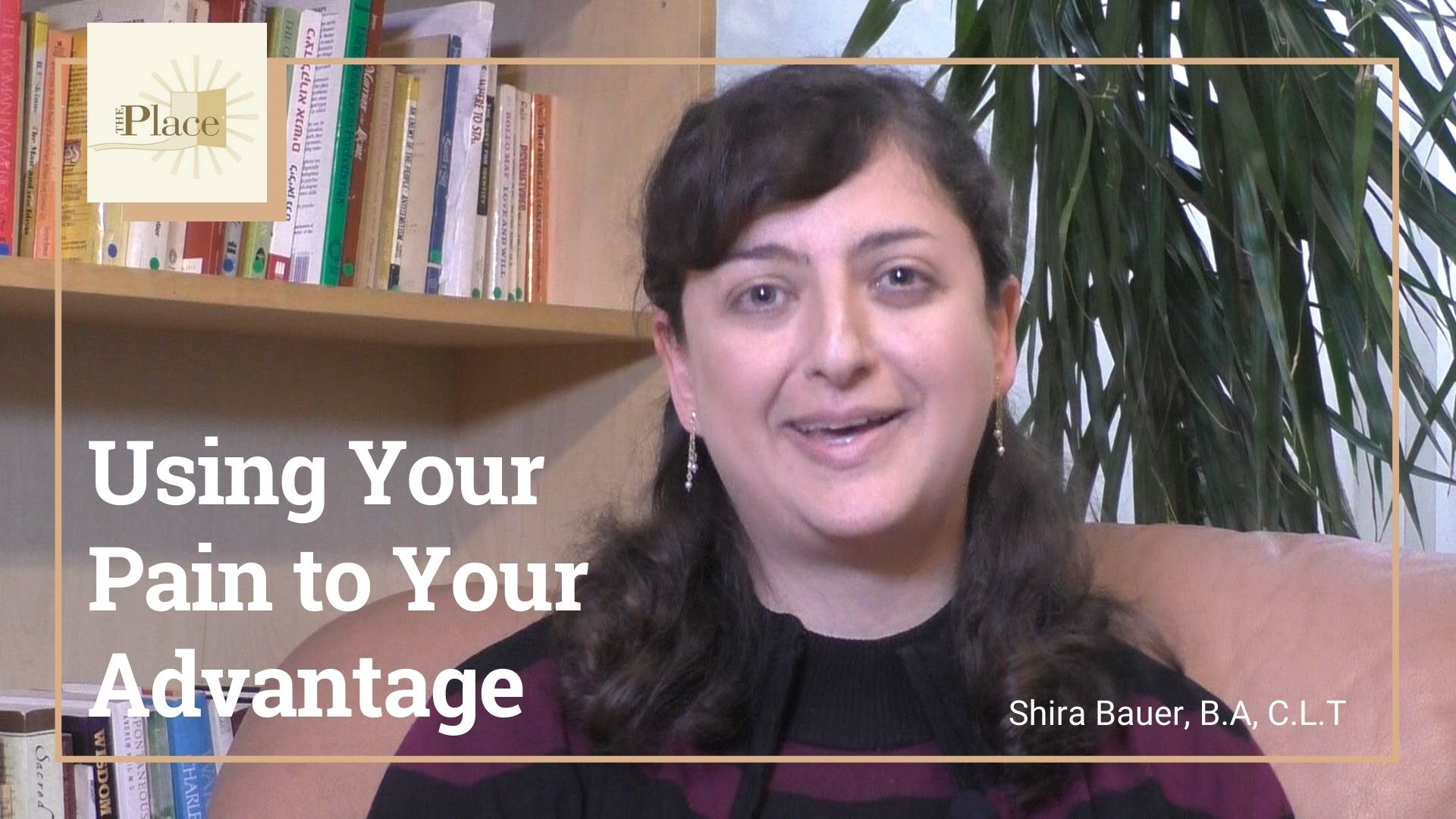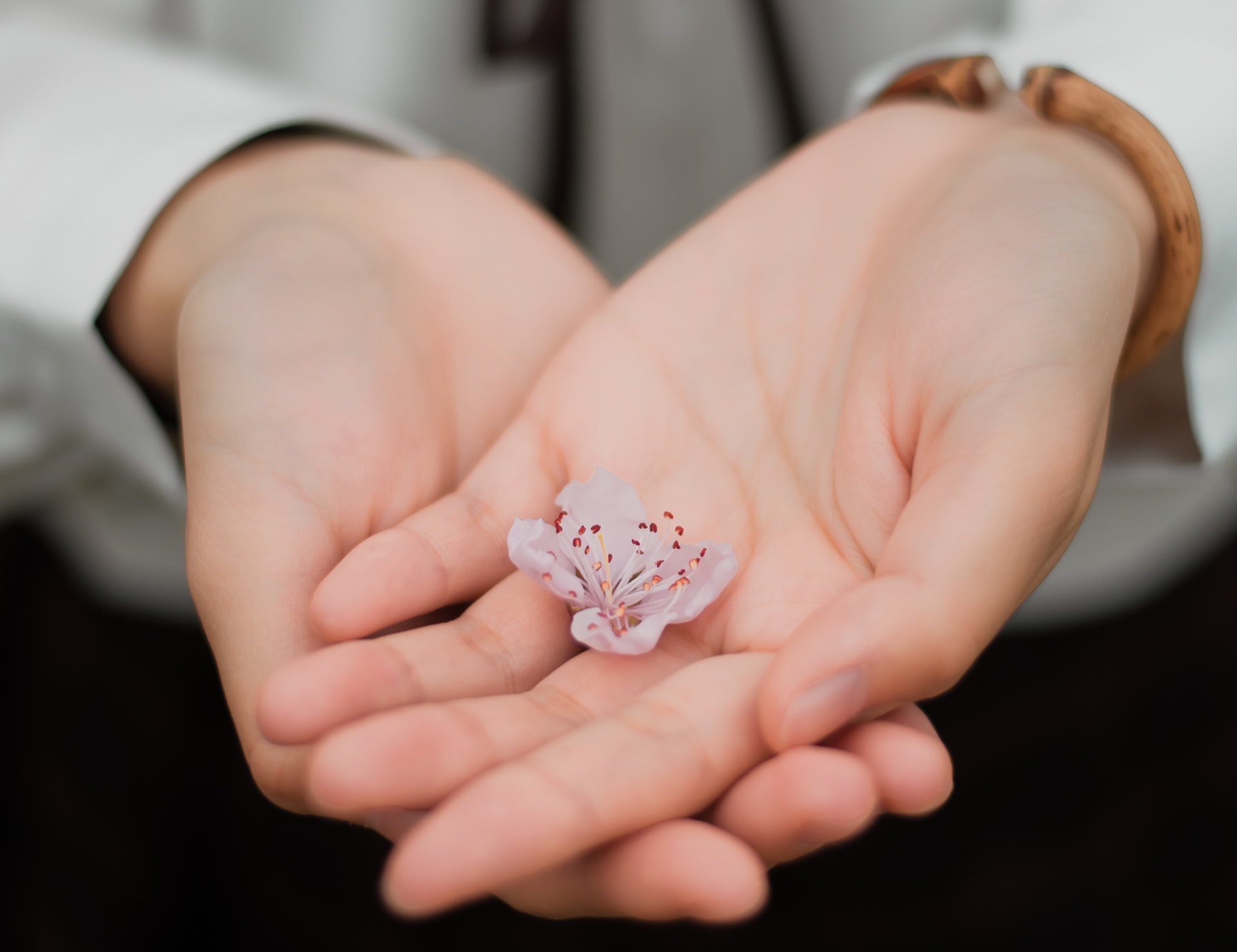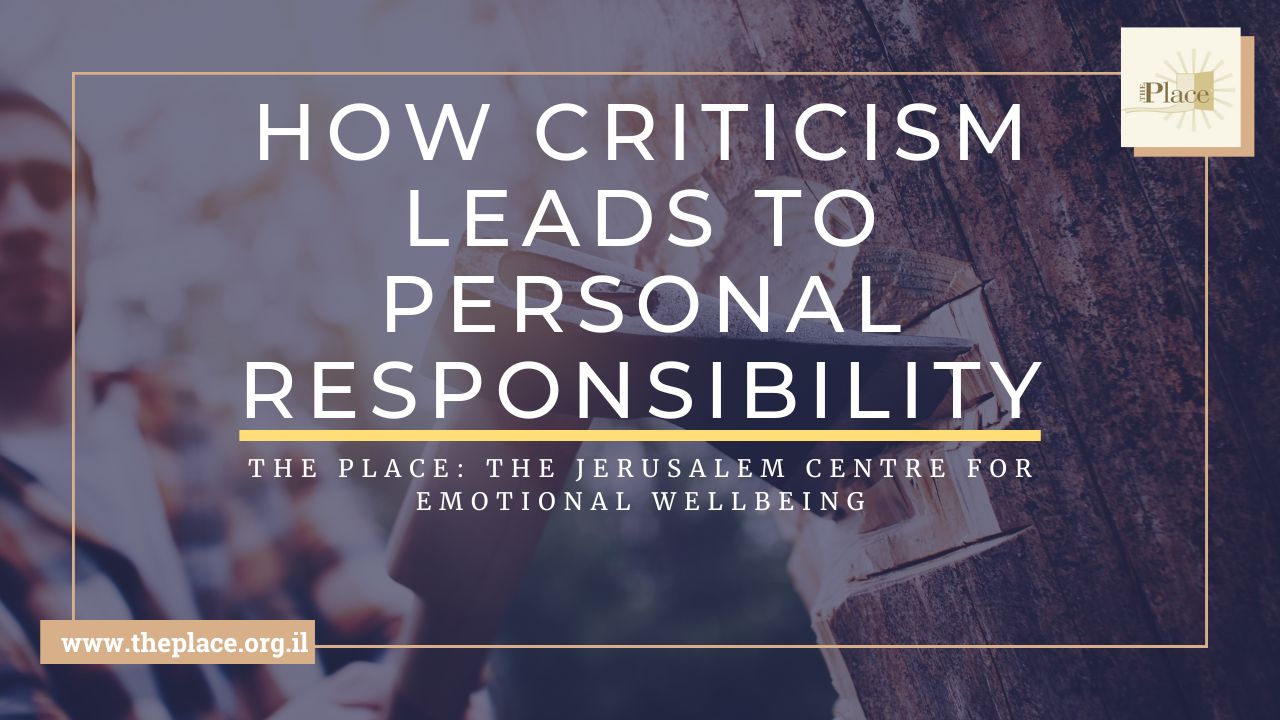As a rabbi and therapist, I have mixed feelings about alcohol. On the one hand, alcohol destroys people. Not just in some sissy, “Huh, well that was a fluke” sort of way. It decisively destroys people. How so? A few examples come to mind. First, half of all murderers are drunk as well as half of all murder victims. A lot of that has to do with alcohol increasing aggression and impairing decision making. Put another way, it makes it harder for the future victim to notice a problem is brewing. It also shifts a person’s low-level disdain into murderous rage.
Second, heavy drinking correlates with almost every mental health problem under the sun. Complicating matters, its functional use is paradoxical. It’s impossible to tell if it’s desperate self medication to life’s difficulties or the cause of them. Another quirk is severe drinkers who stop cold turkey aren’t doing themselves any favors. Sudden withdraw from addictive drinking kills. Not to mention the traffic fatalities it causes every year. It’s no exaggeration to say that alcoholism is a true curse to humanity.
And yet, alcohol is a key part in all the fundamental moments in Jewish life. Chasunas, Yomim Tovim, Shabbos, every seudas mitzvah. It’s even a disagreement amongst Rishonim if it is permitted to eat a bread meal without wine at the end. Yet, the same Jewish sources that praise alcohol warn against it’s use. It is forbidden to become intoxicated and more than one rabbi had to turn himself into a pretzel to explain Purim’s excesses. With Purim around the corner now is as good a time as any to ask, what’s going on? Why all this drinking if it’s so dangerous?
The short answer is Jewish wisdom uses alcohol as an educational experiential tool. It’s used to learn, through experience, the difference between real spiritually and destructive self indulgence. Alcohol’s effects symbolically mirror essential qualities of true transformation in three ways. First, it highlights that real transformation needs to be joyous. This is Chazal’s point in Gemara Pesachim 109a, “Rejoicing before God is not possible except with wine.” Second, it requires transformation to born out of truth. We see this in Gemara Sanhedrin 38a, “When wine enters secrets come out.” Finally, it demands intellectual rigor and distinction making. This is seen in alcohol’s role in separating Kodesh and Chol. The sacred from the profane. As mentioned, spirituality can be abused. This is also mirrored in alcohol’s destructive effects. Chazal point out in Gemara Taanis 7a, that the Torah is the tree of life but when misused is a deadly poison. As one view in Chazal has it in Gemara Sanhedrin70a, the Tree of Knowledge that brought death to mankind was the grape vine. So alcohol, like spirituality, can elevate and it can also destroy.
Carl Jung noted this connection between alcohol and spirituality. Both in his time and now alcoholism is wickedly difficult to treat. One reason is it artificially taps into man’s deepest need to spiritually transcend. We all have a biological need to feel connected to the divine. This drive towards the spiritual coupled with crippling life circumstances is the motivation to drink… and not stop.
Armed with this insight, Jung spearheaded the creation of Alcoholics Anonymous. Jung’s rational was simple. Since alcoholism maladaptively fulfills the need of transformation that need should be the focus of the work. By fulfill this need with an authentic spiritual experience one will recover. In the most severe cases Jung thought this was in fact the only means of recovery. As any AA member will tell you, you have to “fall to your knees” before G-d before you can rise out of the hell of alcoholism.
Taking all this together, alcohol is a powerful educational tool. It is a symbolic guide to what holiness and spirituality should feel like. It is not that we should use alcohol to achieve a spiritual experience. Rather, a non-intoxicated spiritual experience should feel like a good drink. Joy, truthfulness, and intellectual awareness of what is sacred and profane. These are the necessary components to achieve real transformation. And like all spirituality, it’s misuse can bring about catastrophic results. Too many examples exist of the misuse of spirituality in the manipulation of others as well as self destruction. On the eve of Purim it’s worth considering Chazal’s warning from Bamidbar Rabbah 10:8, “As wine enters, the human body grows lax and one’s mind becomes confused. Once wine enters, reason leaves.” Stay reasonable and have a spiritually powerful Purim!
The Place is where therapists, individuals and the community connect to create safety, strength and success. At The Place, men and women discover the freedom and safety to move past those issues which are preventing them from living life to its fullest. Our goal is to help each of our clients discover his or her own strengths as powerful tools in the healing process.
The Place is a multi-faceted clinic offering both individual and group therapy, support groups, interactive evenings and lectures, educational classes, and drop-in hours. Our comfortable, confidential, relaxed environment allows clients and their families to explore sensitive issues and create positive change. We believe that the key to mental health and emotional well-being is inside you.
At The Place, male and female therapists work independently or as a team to explore sensitive issues and facilitate positive change for individuals, couples and families from all sectors of the community. Some of our specialties include emotional eating, grief counselling, internet addiction, phobias, anxiety & OCD, childhood challenges, premarital counselling, couples therapy and intimacy issues, postpartum support, personality disorders, psychiatric care, and more. Connect with a caring professional in person at our comfortable Jerusalem offices, or by video, phone, and text. We’re here for you.
Contact Us
Email info@theplace.org.il
Phone (02) 581 8299
Whatsapp 054 260 1468
Social Media
Website:
https://theplace.org.il/
Facebook:
www.facebook.com/theplacejerusalem/
Instagram:
www.instagram.com/theplacejerusalem/
